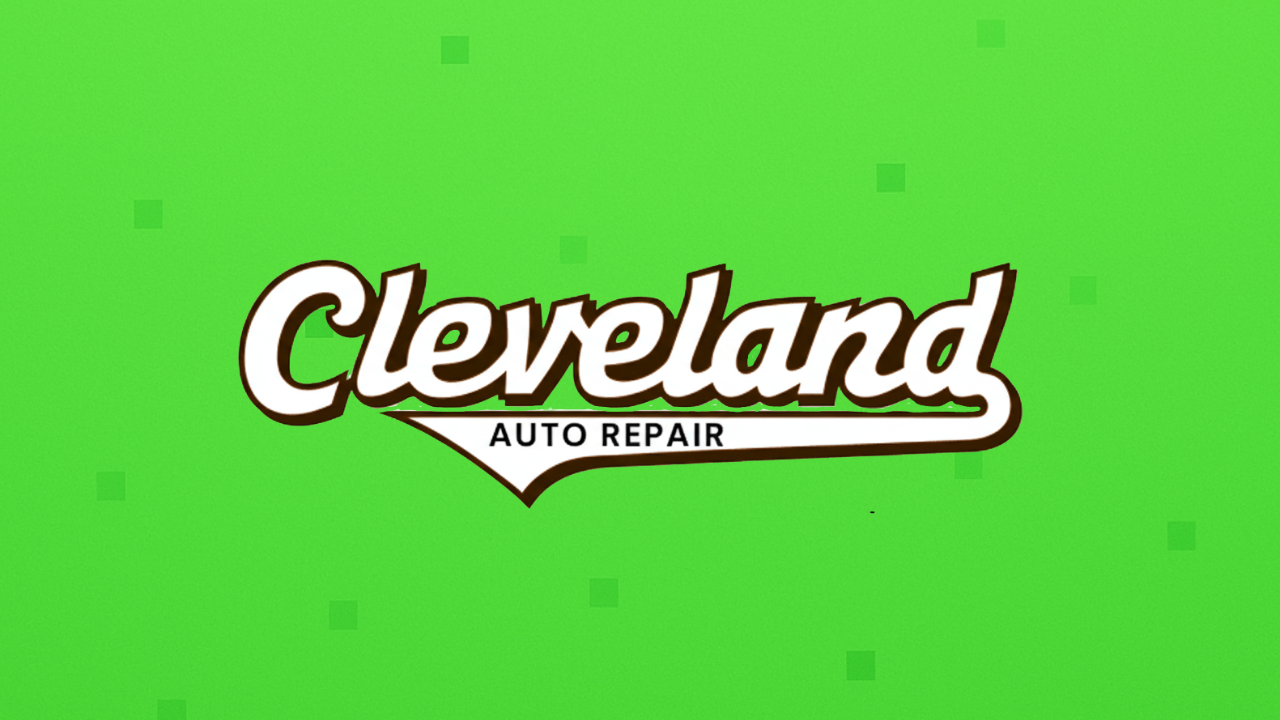Navigating the Legal Maze: A Guide to Cold Calling and Consent with Voice AI


For businesses looking to grow, outbound calling is a powerful tool. But in an era of heightened consumer privacy, it can feel like a legal minefield. A single non-compliant call can result in costly fines and a damaged reputation. This is why a new, strategic approach is required—one that leverages the power of Voice AI while respecting a consumer’s right to privacy. The key is to partner with a platform that is not just a tool for communication, but a built-in ally for compliance.
This guide will demystify the core regulations and show how a platform like Thoughtly AI helps you navigate the legal landscape with confidence.
Understanding the Legal Landscape: What You Need to Know
Before any cold call is made, you must understand the rules that govern telemarketing. The most important ones are:
The "Do Not Call" Mandate: In the U.S., businesses must scrub their call lists against the National Do Not Call (DNC) Registry and maintain their own internal DNC lists based on consumer requests. An automated system must honor these lists.
Express Written Consent: For marketing calls made to mobile phones using an automated system, the consumer must have provided "express written consent." This is a high standard that requires a clear, documented agreement from the consumer.
Time-of-Day Restrictions: Calls are legally restricted to certain hours—typically between 8 a.m. and 9 p.m. in the recipient's local time zone.
GDPR and Explicit Consent: In Europe, the GDPR requires a "lawful basis" for any communication. For direct marketing calls, this is often "explicit consent," and consumers have the absolute right to object to future contact at any time.
How a Compliant AI Platform Makes All the Difference
Adhering to these complex rules manually is nearly impossible at scale. A modern Voice AI platform is designed to automate these compliance measures, turning a legal risk into a reliable, automated process.
Automated DNC List Management: A compliant AI platform is automatically configured to honor both national and internal do-not-call lists. If a consumer says, "Please don't call me again," the AI can be programmed to instantly recognize this request and add them to a suppression list, ensuring no further contact.
Strict Scheduling Controls: The platform automatically adheres to calling hour regulations. By tracking the recipient's time zone, the AI will only place calls during the legally permissible window, preventing a common and costly violation.
Clear Consent and Opt-Out Protocols: The AI can be programmed to obtain and log consent, providing a clear, auditable record for every call. In outbound campaigns, it can be configured to only call contacts who have provided the required level of consent. It also provides a clear and easy-to-use option for customers to opt out of future communications at any point in the conversation.
Full Transparency and Data Security: A compliant Voice AI will always be transparent, beginning the conversation with a clear disclosure that the caller is an AI. Furthermore, all data is handled with the highest security standards, including encryption and strict access controls, to ensure compliance with data privacy laws like GDPR and CCPA.
In a world where legal penalties for non-compliance can be steep, a Voice AI solution is not just a tool for efficiency—it is a strategic partner for risk management. By automating compliance, it allows you to scale your outbound efforts with the confidence that you are not only reaching your audience but also fully respecting their right to privacy.


